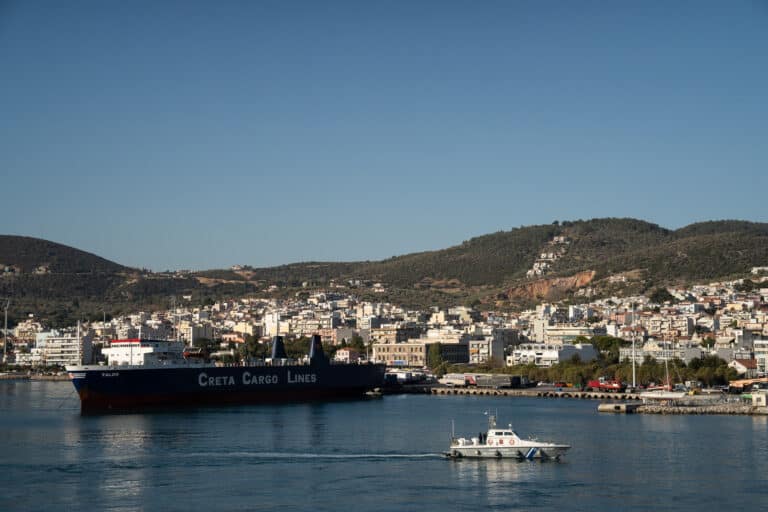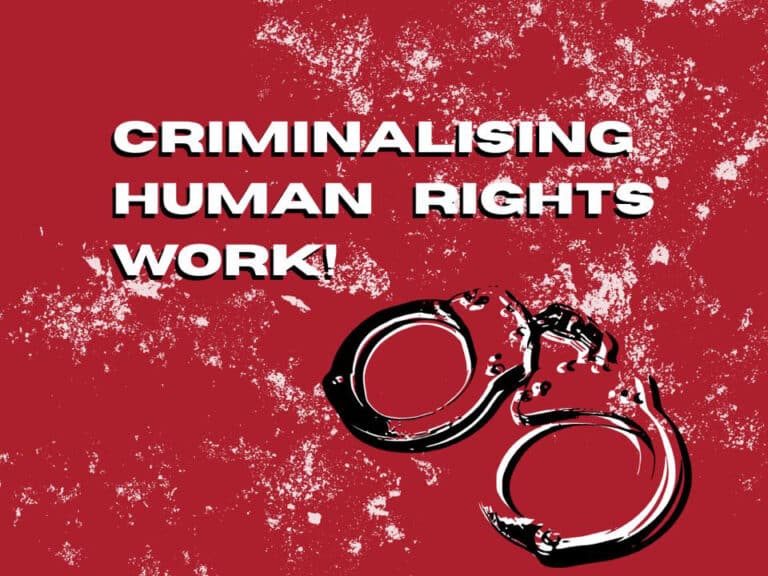In March 2011, Colombia CPTer Eloy García joined representatives from around the world gathered in New Delhi, India to form a new alliance called “South-South Solidarity – Global Action 2012.”
The group Ekta Parishad (Unity Forum), a federation of 11,000 organizations with more than one million supporters in 15 Indian states, convened the event. They espouse Gandhian principles of nonviolence and work at the grassroots level so that all Indians can live with dignity.
Rajagopal, president and founder of Ekta Parishad, told the international gathering, “We are not here to change regimes. 2012 will be about changing the social, economic, and political system. While we are acting in India, we are looking for partners in different parts of the world.”
The international delegates joined 15,000 landless leaders from across India in a march to the Indian National Parliament. When they met barricades, tanks, and riot police, the marchers decided to block the road. They moved in orderly fashion, sitting down row upon row, waving flags and waiting in silence with their legs crossed in the hot sun for a representative of the government to appear so they could express their demands for land reform. Eventually they were promised a meeting with the Prime Minsiter that evening.



